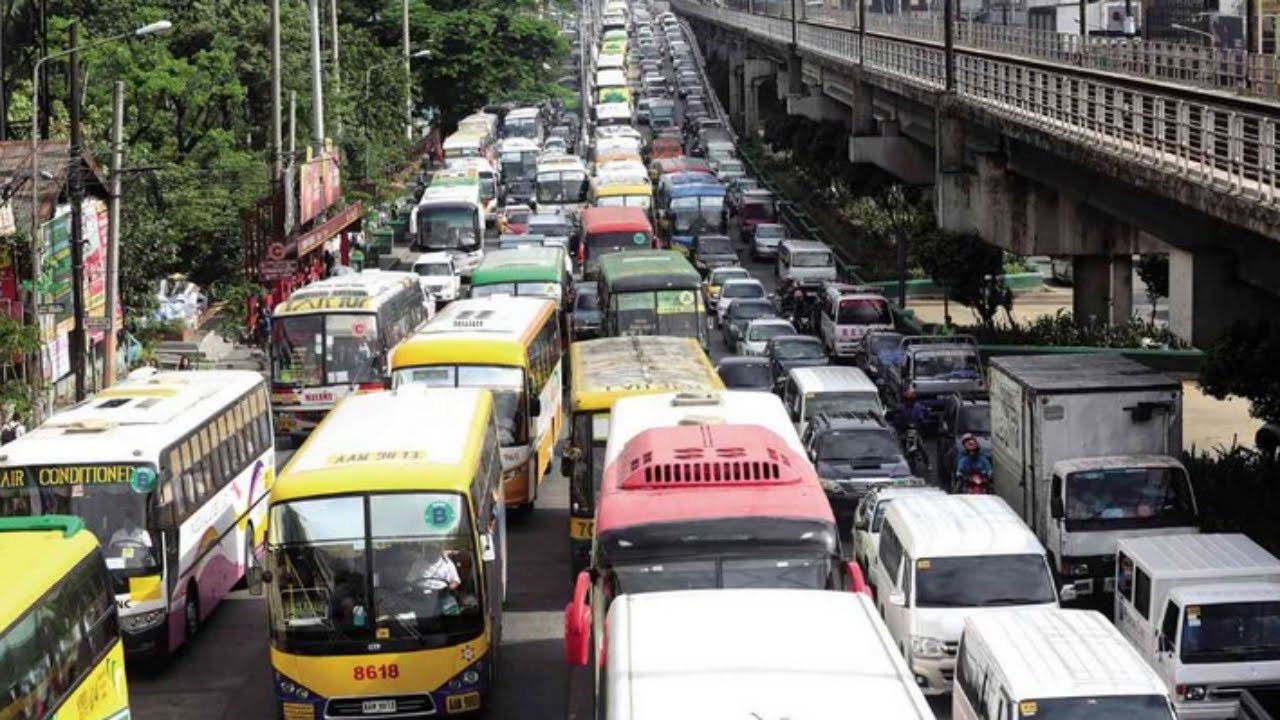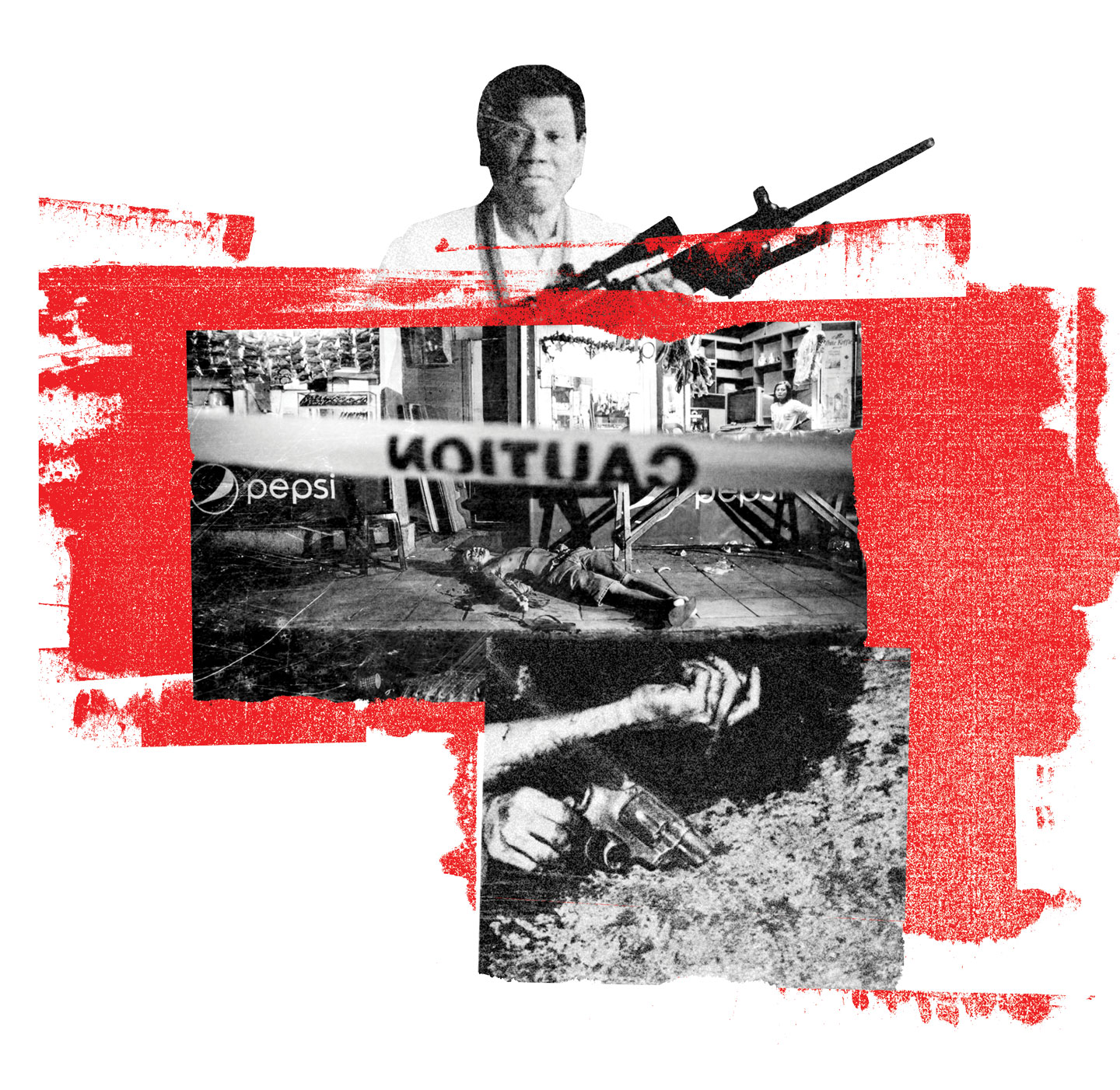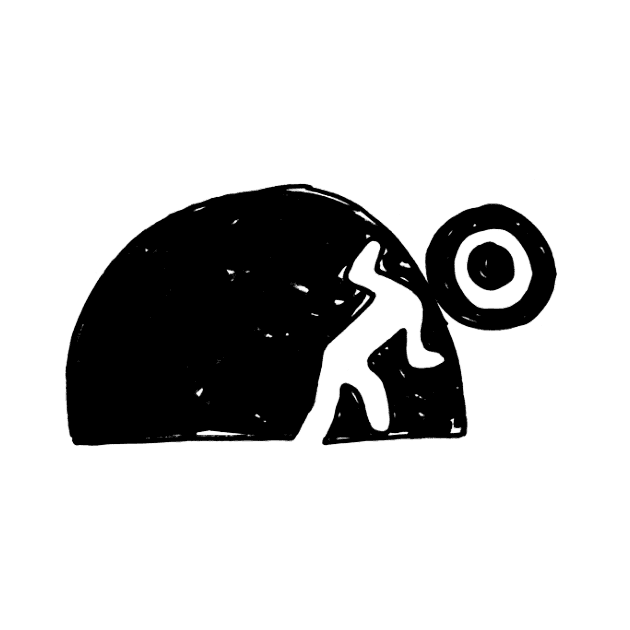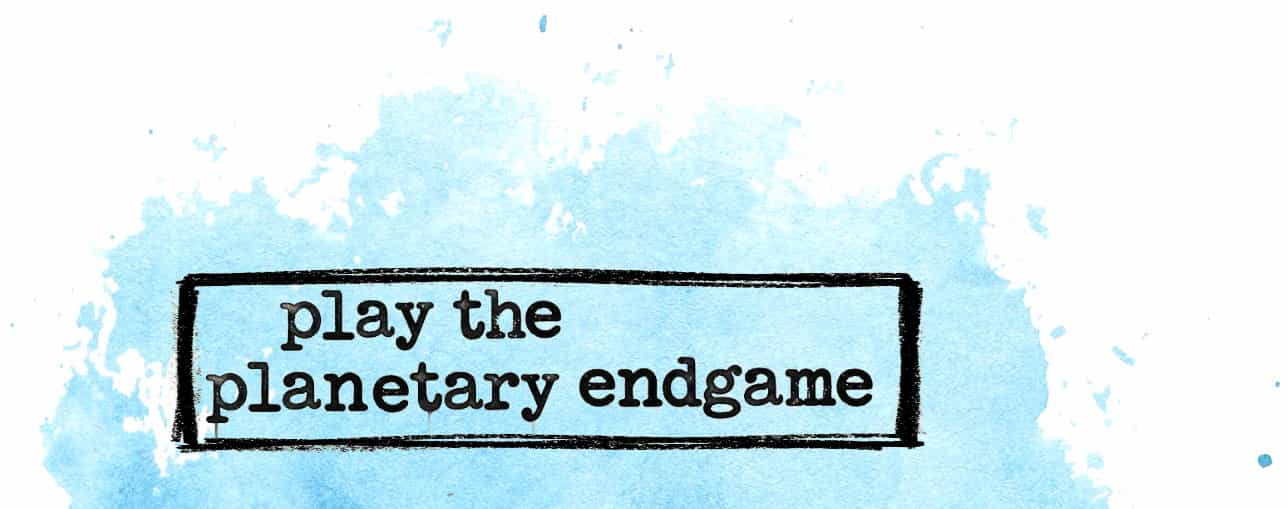Manila traffic

Something that caught my eye
as we were stuck in the dreadful
Manila traffic,
with cars bumper to bumper as far as your eyes can see, was the countless murals of Rodrigo Duterte plastered around the city. I was confused, I thought “don’t they hate their president?”
For someone who’s only heard about this man through news articles, I saw Duterte as a ruthless leader willing to go to great lengths to conquer his war on drugs. I recall reading articles about his brutal crackdown taking thousands of lives and placing the Philippines into a human rights crisis. But what really stood out to me was when he detained senator Leila de Lima, his most notable domestic critic, on charges for illegal drug trading, an offence she’s firmly denied. I was appalled by his power. It was only when I visited the Philippines in June, for the first time since immigrating to Canada in 2007, that I saw a different side of this so-called “monster.”

From the outside looking in, Duterte is a monster. His "war on drugs" has seen government forces kill over twelve thousand, mostly poor, many children. Among them are protestors and rival politicians. But the citizens of his country don't lie on the outside. For them, the strongman is taking on the drug dealers, taking hard steps to do what must be done. This is a state of emergency, after all --civil liberties can always be sidestepped.
For anyone worried about the country's drug problem, the strong man comes in and solves everything. Almost overnight, the drug dealers are rendered invisible and all is well-- Until anyone opposes his administration, or runs against him. Then the strong leader" shows his teeth, and those who voted for him have the bodies of innocent children to answer for.
On one of our first days we went to the Tatay Public Market, an outdoor market in the slums of Rizal. It consisted of hundreds of tents and rugged buildings filled with stalls of clothes as cheap as 50 Philippine pesos (equivalent to about one Canadian dollar). That’s where I first saw signs regarding a fine for littering around the area. In fact nowadays there’s also a hefty ticket fee that can run up to 5,000 pesos for smoking in public places. He even closed down a popular tourist spot, Boracay, for an island cleanup in April that’s set to be lifted in October of next year.
I got even more perspective when I spoke to my cousin, Madeline, who voted for Duterte in 2016. She explained how he wanted to enforce regulations regarding “unli rice”, short for unlimited rice, an option most popular fast food places offered for as cheap as 30 pesos. She also added how he had taxed soft drinks and other junk foods to encourage Filipinos to eat healthier. After our conversation, I was unsure whether she was defending him or reassuring herself that she voted for the right candidate.
The conversation with my cousin made me think of this young man that we met toploading on a jeepney in Bontoc, in Northern Philippines. We had just gotten tattoos from the national artist, Whang-od the day before and we were on our way to Sagada. He saw our tattoos and sparked a conversation with my sister and she asked him if he had any, “I don’t have any tattoos because Duterte doesn’t like them,” he replied. I was shocked, here’s a man who’s enforcing changes but has the country on edge.
Join the Third Force Collective to access our revolutionary briefings.
This isn't a paywall. You can close it if you just want to read the article below it. But our aim is to win the planetary endgame — we want to catalyze a moment of truth, a stunning reversal of perspective from which corpo-consumerist forces never fully recover. For that we need you.






